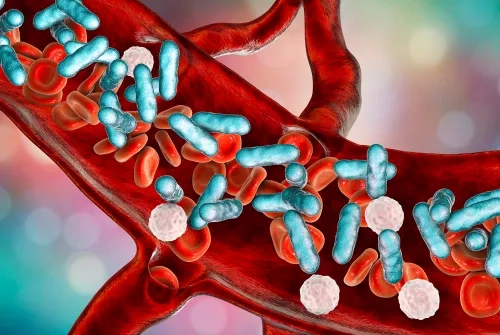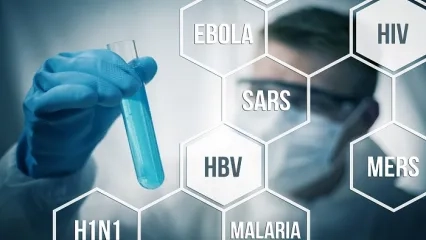Alo Yeditepe
Alo Yeditepe
What is Sepsis?
When the immune system, which plays a role in the body's fight against infection, causes damage to the body's own tissues and organs, sepsis occurs. This can lead to organ failure and consequent loss of life.
Sepsis is an emergency. Unfortunately, one person dies every 3-4 seconds due to sepsis. In many infectious diseases, loss of life occurs due to sepsis.
Why Does Sepsis Occur?
Many infections can lead to sepsis. These include common infections such as pneumonia, urinary tract infections, intra-abdominal infections, skin or wound infections, or meningitis. Infectious diseases such as influenza, malaria, dank fever, yellow fever, and Ebola can all result in sepsis.
More than 80% of the infections that cause sepsis are acquired outside the hospital. Anyone can have sepsis. People with weakened immune systems are particularly at risk. These include adults over 60 years of age, children under 1 year of age, people with chronic lung, liver, heart disease, diabetes, or AIDS, or people without a spleen.
Symptoms of Sepsis
Sepsis can be determined by some signs and symptoms:
- Dizziness and mumbling
- Excessive shaking
- Muscle pain
- Fever, Severe shortness of breath
- Inability to urinate throughout the day
- Pale, speckled, discolored skin
- Feeling as if dying
Sepsis Can Be Prevented
The easiest way to prevent sepsis is to prevent infections. This can be done with vaccination and basic hygiene. If an infection has caused sepsis, it should be recognized quickly, and the source of the infection treated with antibiotics. Early treatment of infections and early recognition of sepsis save lives.
Sepsis is the most preventable cause of loss of life in the world. Vaccination can be prevented by health measures such as access to clean health facilities, clean water, and, above all, by raising awareness. Many survivors face long-term consequences. Loss of fingers or limbs, poor memory, and concentration, post-traumatic stress disorder, etc.
Sepsis Awareness Day
You can help prevent sepsis. Inform your loved ones. Participate in “World Sepsis Day” on September 13th each year. Help raise awareness and prevent sepsis. The more people who know about sepsis, the more people will be safe.
This content was prepared by Yeditepe University Hospitals Medical Editorial Board.
Alo Yeditepe




